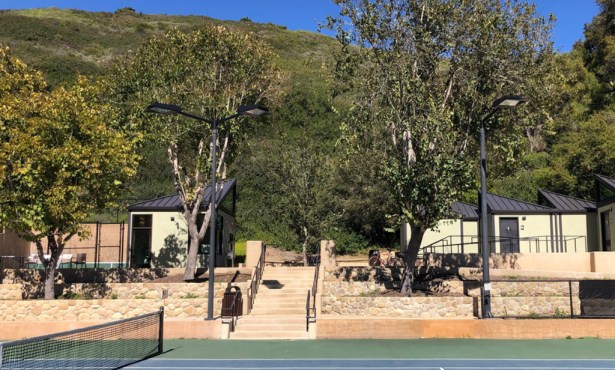Italian Family Life, Long Version
The Best of Youth. Luigi Lo Cascio, Alessio Boni, Adriana Asti,
and Sonia Bergamasco in a film written by Sandro Petraglia and
Stefano Rulli and directed by Marco Tullio Giordana.
A salient and slightly infamous Italian film, The Best of Youth
is a matter of scale: 6.5-hour films rarely dent public
consciousness. But that lavish time frame and epic scope is also
one of its virtues — the film pulls us into its temporal tapestry
of familial intrigue and turns in Italian history we have either
forgotten or never known. Fate and family spread out during four
decades and multiple sub-narratives in Best of Youth, which opens
in 1966 Rome and finishes in Norway, circa 2003, where a new
generation continues on. The high idealism of youth — especially
that of the generation coming of age and expressing activist rage
in the ’60s — manifests itself in radically different directions
among characters. A brother in the Carati clan, Matteo (Alessio
Boni), is emotionally repressed and desperately seeks a life of
order, first in the military and then as a policeman. A wife and
mother, fueled by social indignation and anarchist demons,
disappears into an underground existence in the
revolutionary-cum-terrorist organization, the Red Brigade. And very
much in the middle of the film’s saga is the even-tempered and
grounded brother, Nicola Carati (Luigi Lo Cascio), a psychiatrist
whose abiding attempts to achieve order affect his extended family
life as well as society at large. Through it all, the director
keeps an even hand on the pacing and juggling of elements. Focus
continually shifts from the personal to the societal, touching on
the flood of Florence of 1966, student riots in Turin in 1974, and
mafia killings in 1992, all viewed cleverly through the prism of
the Carati family saga. Although the film is told in a mostly
well-crafted but unpretentious style, pleasurable filmic moments
line the way, such as a scene with a “Red Brigade” encounter in a
movie theater where Umbrellas of Cherbourg is screening. Overall,
The Best of Youth is so engrossing and beautifully done, the
patches of sentimentality along the way go down easily. We’re
hooked.


